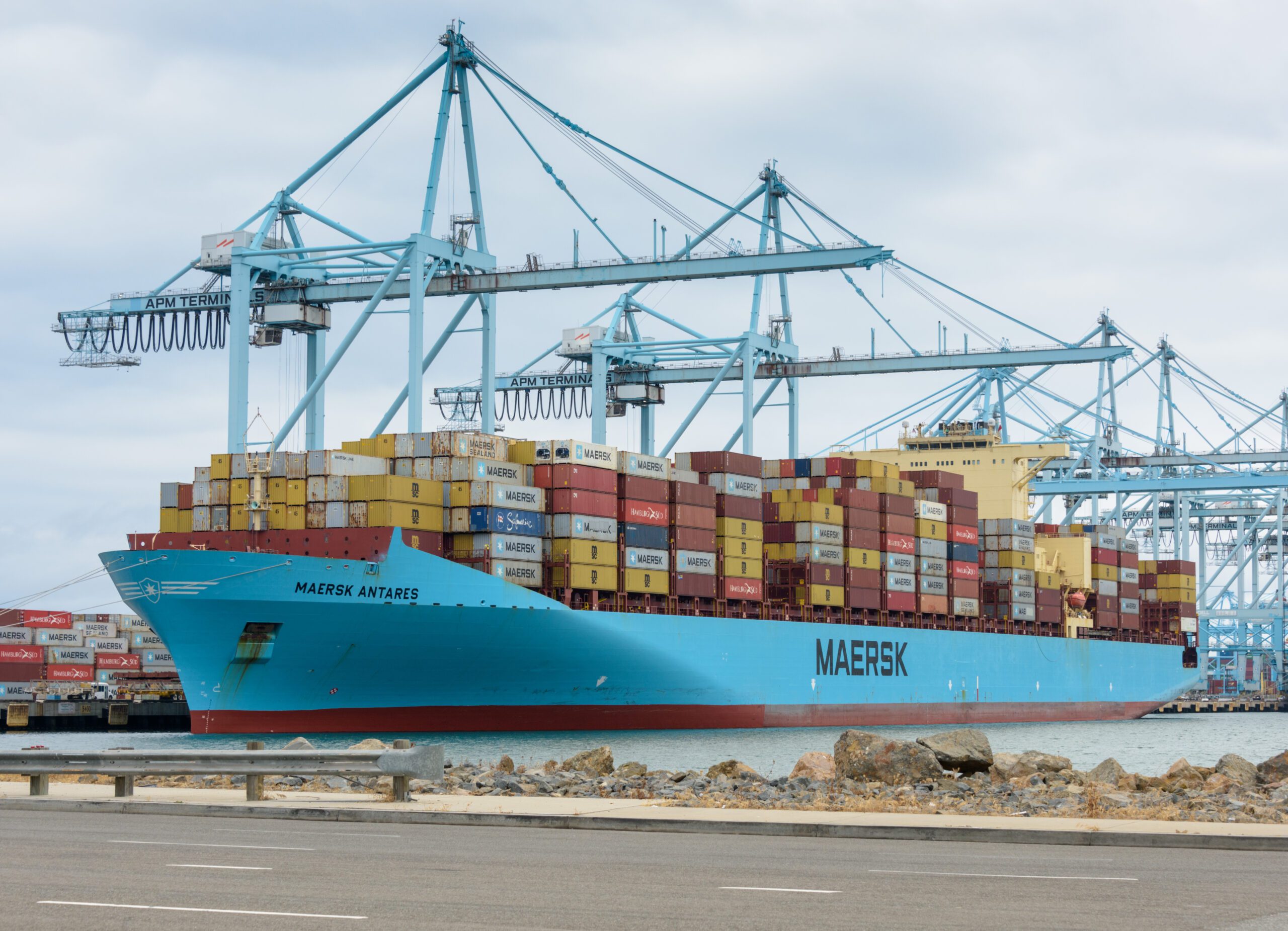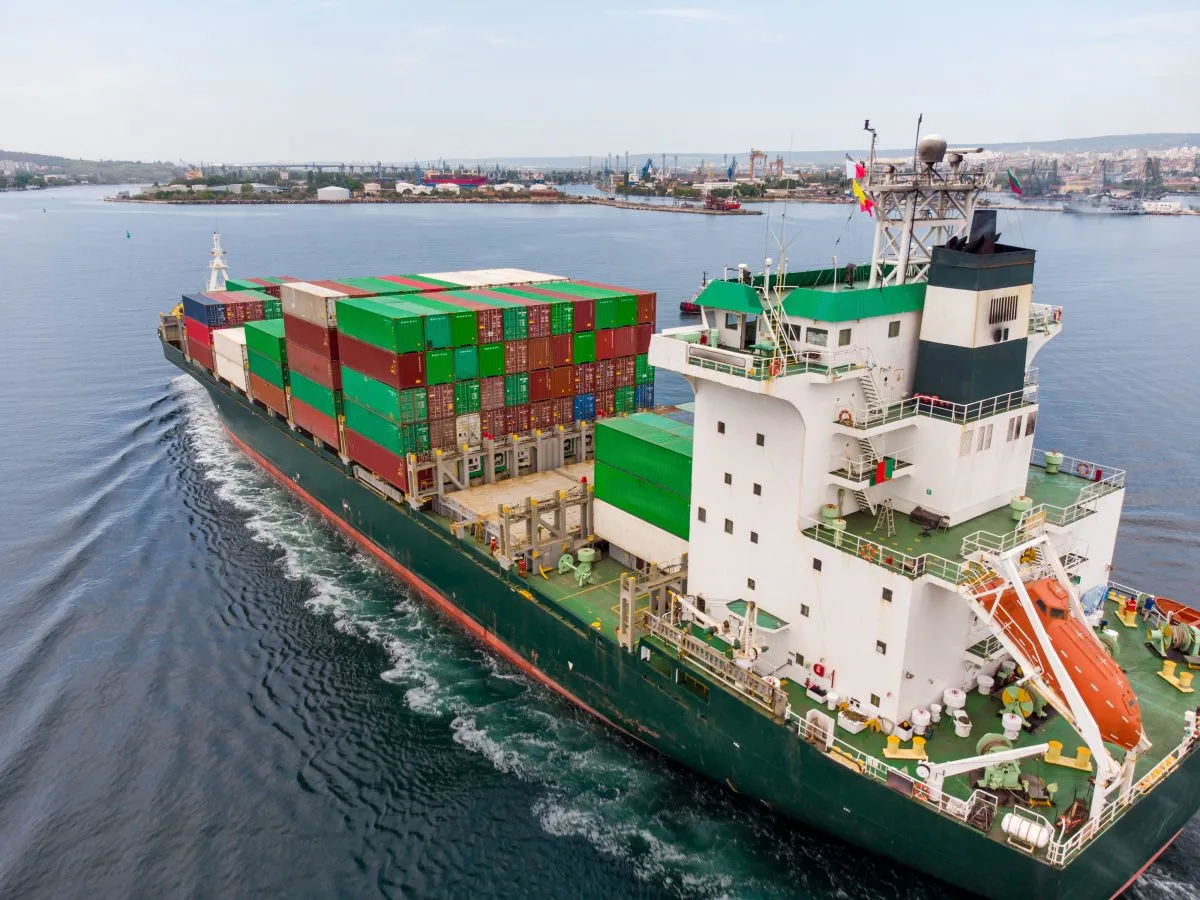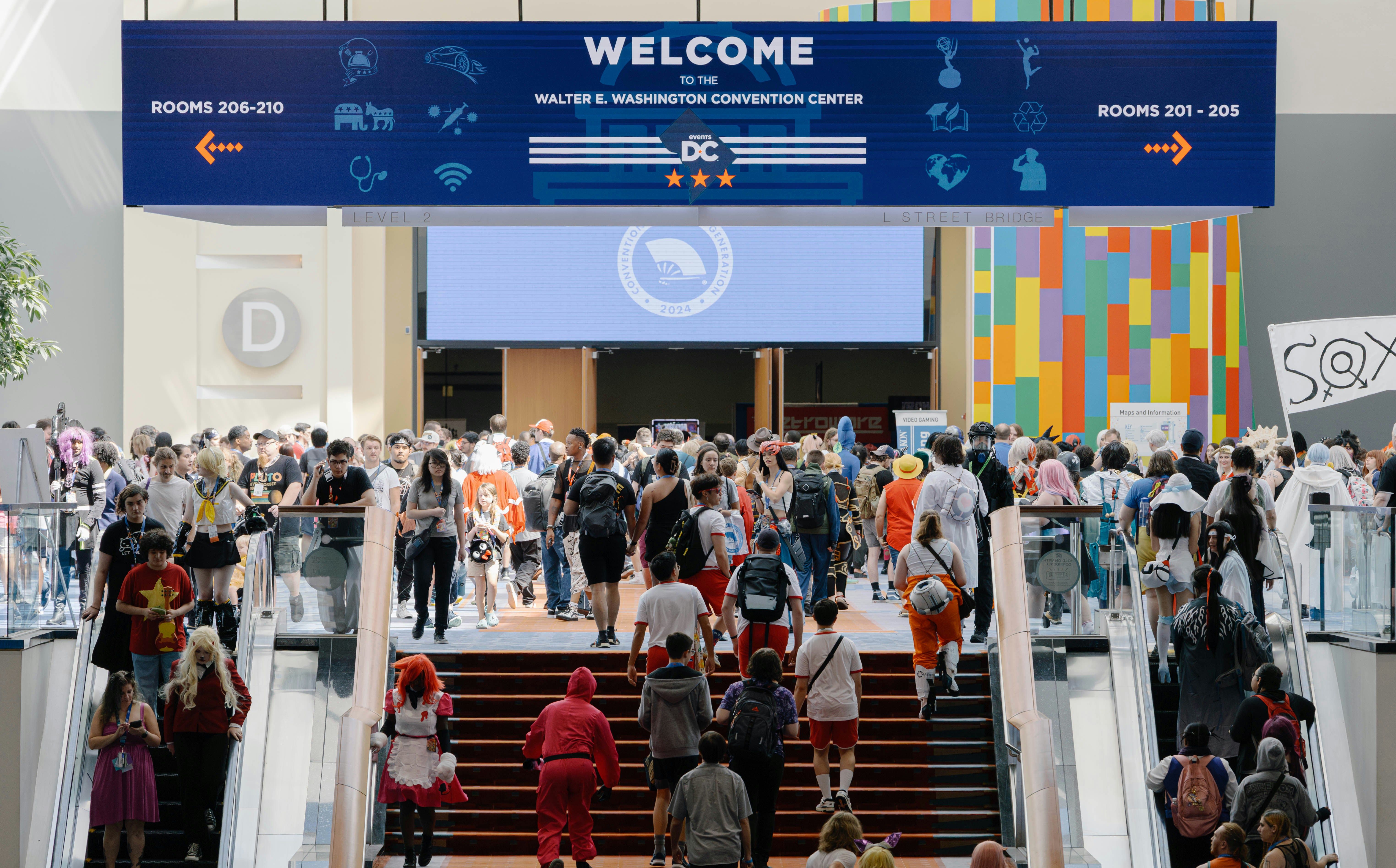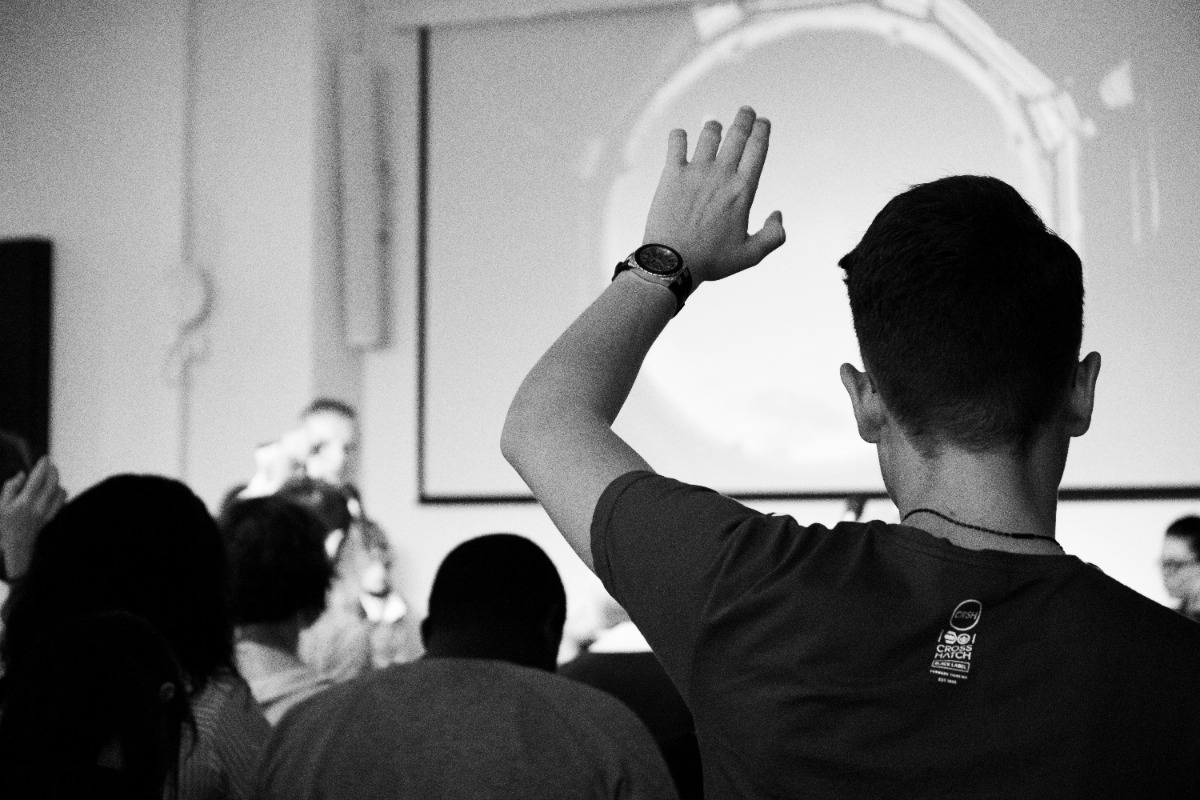Dockworkers’ Strike Impact on Events: Supply Shortages and Higher Costs

Skift Take
After this story was posted, the strike was suspended after a tentative deal was reached and the contract extended until January 15.
Shipments of critical supplies for conferences and other large events are at risk of significant delays due to the dockworkers’ strike and disruptions from Hurricane Helene.
Event planners might face challenges sourcing fresh ingredients for planned menus, leading to last-minute changes and increased costs. Shortages of imported alcohol could force event organizers to seek alternative suppliers or adjust offerings.
Logistical issues go beyond catering. Availability of decor, trade show booth materials, and technical equipment is also being impacted. Overall, the dockworkers' strike’s ripple effect is likely to increase costs, disrupt schedules, and create challenges in maintaining the quality and consistency expected by clients and attendees.
“The business events ecosystem depends on the efforts of hard-working individuals. This includes dockworkers who unload cargo at our nation’s ports,” said Tommy Goodwin, VP of the Exhibitions & Conferences Alliance (ECA). “We are closely monitoring this situation and hope for an amicable resolution as soon as possible to ensure that there is no impact on the thousands of meetings, conferences, and trade shows scheduled during the busy fall season.”
One-Two Punch
The strike follows the devastation caused by Hurricane Helene. Event consultant Christa Hovis is working with clients in North and South Carolina who have been affected by the storm. “We are assessing the situation at current suppliers we had been partnering with for these clients’ projects to see if and when they will be operational and can support programs we were planning,” said Hovis.
She is also monitoring the strike. “If the strike goes on for more than a couple of weeks, it could directly impact pricing, shipping timelines, and more. This is in addition to dealing with the impacts of the storm our suppliers may have.”
Beth Lawrence, chief experience officer, Beth Lawrence Meetings & Events, emphasized that the strike could affect the meetings and events industry in unexpected ways. “Over 75% of bananas, a breakfast staple, arrive at ports. Then there is coffee and chocolate that is already more expensive. If the strikes last at least three weeks, it will take until January to replenish items in the food chain.”
Dockworkers' Strike May Impact Your Next Cocktail Function
The dockworkers' strike will also impact cocktail functions. Approximately 80% of imported beer, wine, rum, and whiskey enter through the ports, according to the American Farm Bureau Federation.
Additionally, the promotional products sector, a key component of meetings and conferences, is another industry that will be hit particularly hard by a prolonged dockworkers' strike. Most promotional products sold in North America – such as logoed tote bags, water bottles, pens, and more – are manufactured overseas and brought to domestic markets.
Despite the challenges, Lawrence remains optimistic. “We are such an agile industry, we will find a way to bounce back if the strike lingers. But it will take innovation and collaboration across the supply chain,” she said.





